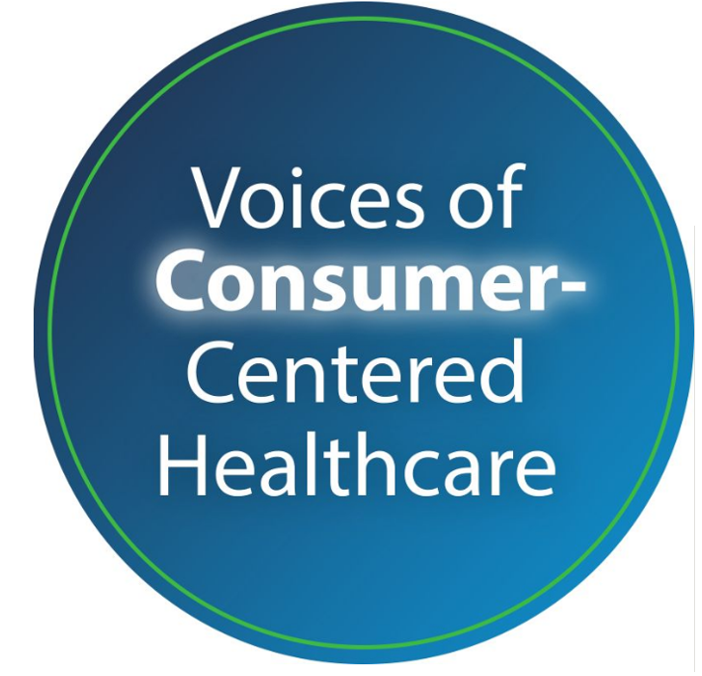One in 3 managers in life science companies — including biotech, pharma, medical device and diagnostics firms — have no plans to engage with online social networks, according to a survey conducted by Deloitte. The key reasons for shying away from social networks include lack of guidelines offered by the Food & Drug Administration (FDA), concerns about consumer privacy, and low or uncertain return on investment.
On the other hand, 41% of life science execs already use social networks, and another 21% plan to do so.
There are many benefits for life science companies in using online social networks, including using them for new-and-improved:
- Market research (such as Sermo panels of physicians)
- Assessing the feasibility of clinical trials (using, for example, iGUARD)
- Pharmacoeconomic research (with PatientsLikeMe, a company cited in virtually every similar study over the past several years –including my Wisdom of Patients paper published by the California HealthCare Foundation in 2008)
- Clinical trial recruitment (via CureTogether)
- Medical education (with Medscape and Ozmosis), and
- “Patient mobilization” (with Inspire).
Deloitte goes into detail on the issue of “the risky business of social networks.” The Big Risks here are regulatory scrutiny and, ultimately, patient deaths, Deloitte asserts. “Communicating involves significant regulatory risk,” the report clearly states. “The FDA…worries that conversation could result in off-label promotion, unfair or unbalanced portrayals of therapy risks and benefits, and failure to report adverse events.”
Methodology: Deloitte surveyed 208 life science company professionals (in biotech, pharma, medical device, and diagnostic firms) involved in marketing and/or compliance and risk management in June and July 2010 using a web-based survey. In addition, Deloitte conducted an unspecified number of interviews with professionals in life science and related companies.
Health Populi’s Hot Points: Deloitte expects that, “Given the shifting nature of social networks, the industry will likely combine regulatory guidance with experimentation,” noting that most of the surveyed life science execs expect to invest in social networks ahead of receiving FDA guidance. Such guidance has been expected just about now — in “late 2010” — but as of this post, no guidance has been promulgated.
Experimentation with online social networks the likes of which benefit areas noted above will continue in 2011. The keys to risk mitigation in life science companies engaging in online social networks will be transparency (in corporate identity as well as in risk identification and financial support relationships) and providing value in return to users — clinicians and patients alike. In addition to the benefits outlined above, there’s another one that successfully engaging in social networks can help life science companies realize: enhanced trust in their industry.




 Thank you, Jared Johnson, for including me on the list of the
Thank you, Jared Johnson, for including me on the list of the  I am so grateful to Tom Lawry for asking me to pen the foreword for his book, Health Care Nation,
I am so grateful to Tom Lawry for asking me to pen the foreword for his book, Health Care Nation,  Thanks to Feedspot for naming this blog, Health Populi, as a
Thanks to Feedspot for naming this blog, Health Populi, as a